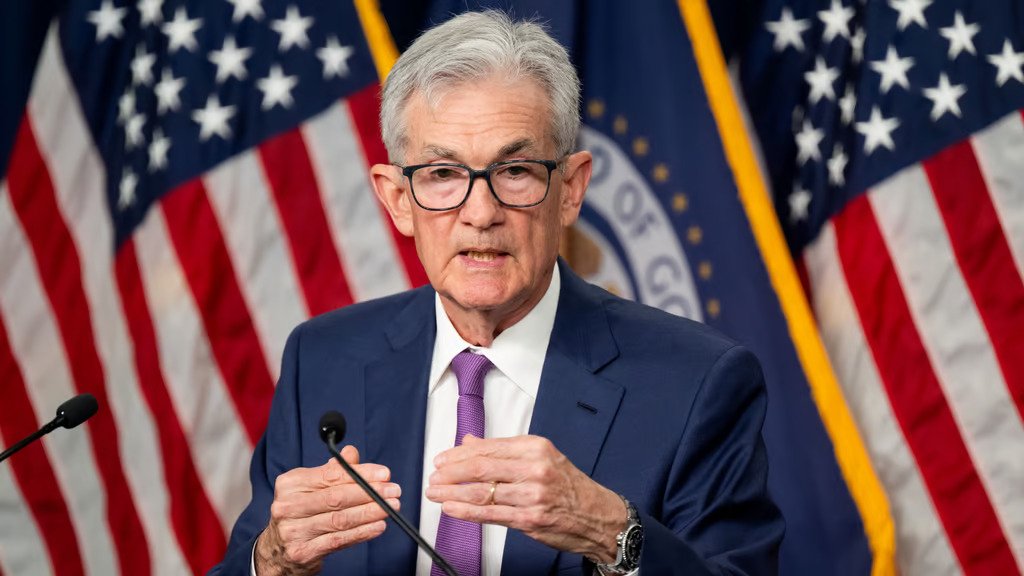WASHINGTON: The US Federal Reserve reduced its benchmark interest rate by a rather big half-point on Wednesday. This significant change, after almost two years of high rates, effectively controlled inflation but also resulted in high borrowing costs for American consumers.
This interest rate reduction, the first by the Federal Reserve in over four years, demonstrates its renewed emphasis on strengthening the employment market, which has exhibited evident indications of deceleration.
Emerging just before the presidential election, the Federal Reserve’s action also has the capacity to disrupt the economic terrain as Americans get ready to cast their votes.
The central bank reduced its key rate to around 4.8%, a decrease from its highest level in 22 years of 5.3%, which had been maintained for 14 months as it faced challenges in controlling the most severe inflationary trend in forty years. The inflation rate has declined from its highest point of 9.1% in mid-2022 to its lowest point in three years, reaching 2.5% in August, while still somewhat over the Federal Reserve’s objective of 2%.
In addition, the Federal Reserve’s officials indicated their intention to reduce their benchmark interest rate by an extra half-point at their last two meetings this year, scheduled for November and December. The projection includes four more reductions in interest rates in 2025 and two in 2026.

The Federal Reserve officially said that it has achieved a higher level of confidence in the sustainable movement of inflation towards 2%, bringing it closer than it has before to claiming victory against inflation.
Despite the present belief of the central bank that inflation has been mostly overcome, a significant number of Americans continue to express dissatisfaction with the persistently high costs of food, gasoline, rent, and other essential items. Outgoing President Donald Trump attributes the occurrence of an inflationary rise on the Biden-Harris administration. Vice President Kamala Harris has further alleged that Trump’s commitment to impose tariffs on all imports will result in a more significant increase in costs for consumers.
Rate reductions implemented by the Federal Reserve are expected to gradually decrease the interest rates on mortgages, auto loans, and credit cards, thereby enhancing the financial situation of Americans and facilitating more spending and economic expansion. Residential property owners will have the opportunity to restructure their mortgages at reduced interest rates, therefore reducing their monthly payments. Additionally, they may transfer their credit card debt to more affordable personal loans or home equity lines. Businesses may also engage in increased borrowing and investment.
According to Freddie Mac, the average mortgage rates have already decreased to their lowest level in 18 months, reaching 6.2%. This has resulted in an increase in the demand for residential refinancings.









